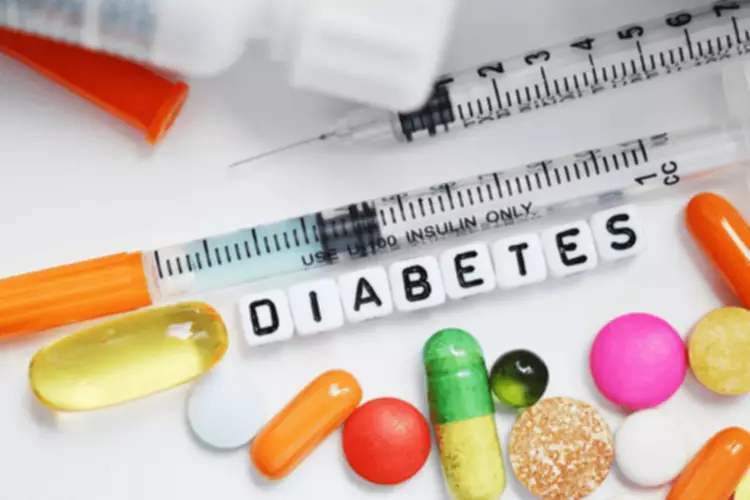Effects of Alcohol on Each Part of the Body

Any amount of alcohol can diminish your judgment and functioning, and even low or moderate alcohol use can have harmful effects on different organs. Contrary to popular belief, alcohol does not actually thin is alcohol a blood thinner the blood. Blood thickness, also known as blood viscosity, is not directly influenced by alcohol consumption.
Find more top doctors on

A CBC is a blood test that measures many parts of a person’s blood, such as their RBCs. You may lose bone strength if you take heparin for a long time. Another serious, but less common, side effect of warfarin is necrosis. You can take steps to lower your risk of alcohol-related harms. When you drink, you might get tipsy and lose your balance, too.
Why is it a risk?
Moderate alcohol use is generally safe while taking most blood thinners. For healthy adults, doctors recommend limiting alcohol intake to a maximum of two drinks a day for males and one drink a day for females. Researchers have found that low-to-moderate drinking could reduce certain processes that lead to heart disease and inflammation. However, more research is necessary to determine whether alcohol use is directly responsible for these possible heart benefits. There are no specific warnings about consuming alcohol while taking other blood thinners.
Blood Thinners and Alcohol

There, he teaches and works with cardiovascular and medical trainees as well as medical students. He is a Fellow of the American College of Cardiology (FACC) and American board-certified in general cardiology, echocardiography, and stress-testing, and nuclear cardiology. He is a registered physician in vascular interpretation (RPVI).
Seeking Professional Help for Alcohol Addiction

Drinking to excess can lead to injuries, alcohol poisoning, violence, stillbirth/miscarriage, and risky sexual acts (sex with multiple partners, unprotected sex, etc.). Unprotected sex can lead to sexually transmitted diseases, such as HIV, or an unintended pregnancy. However, blood that is too thin won’t clot when it’s supposed to. Autoimmune disorders, such as systemic lupus erythematous or rheumatoid arthritis can cause this. Platelets move through your bloodstream, throughout your entire body.
Of course, if you drink alcohol, drinking in moderation is always recommended. Over-imbibing can affect how quickly your blood clots and can increase your chances of falling. Even a simple fall can give you a nasty bruise or could even cause internal bleeding. Alcohol thins your blood, working by affecting how blood clots.
- Short-term effects happen to occur during or directly after consuming alcohol, and long-term effects are driven by excessive use over an extended period of time.
- Healthcare professionals then use an MCV result, other test results, and a person’s medical history to help diagnose a condition.
- Your doctor should explain these important facts to you, along with information about your specific health status.
- It’s produced through fermenting fruits, grains, and other sugars.
- These diseases disrupt liver function, severely damaging the body over time.
Alcohol and Mood Swings: Understanding The Connection
- Yes, alcohol increases heart rate as well as raise blood pressure during the initial stages of intoxication.
- Department of Agriculture, moderate drinking is up to one drink per day for women and up to two drinks per day for men.
- When alcohol is in the blood, these receptors do not function as they should.
- However, several factors can affect a person’s MCV test results.
- In small amounts, alcohol can act as an anticoagulant, reducing blood’s ability to clot and causing it to start thinning.
Tell all of your doctors, including your dentist, that you’re taking a blood thinner. Don’t start any new medicines or supplements without talking to your doctor first. Your doctor will test you with an international normalized ratio (INR) test. The less alcohol you drink, the lower your risk for these health effects, including several types of cancer.
